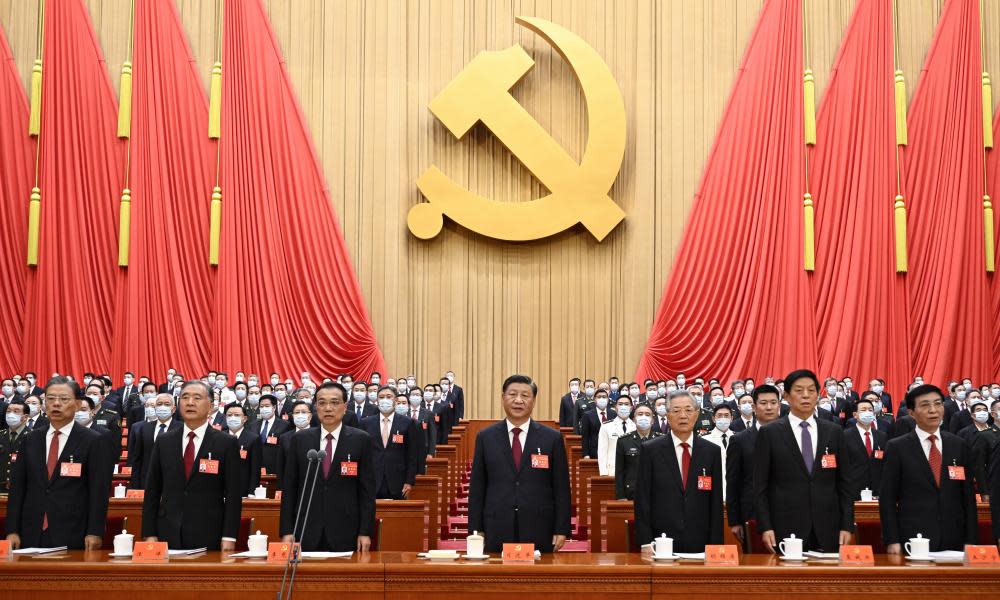Xi Jinping’s anti-corruption drive worked wonders on his bureaucrats’ waistlines

There’s lots of chat about slimming down the UK’s civil service – it’s grown by 25% since the Brexit referendum (albeit only back to its pre-austerity size).
In the UK, this trimming talk doesn’t usually refer to helping Whitehall mandarins drop a dress size. In contrast, a recent study finds that the Chinese government’s anti-corruption campaign is slimming not only bureaucrat’s wallets, but their waistlines.
This got at a longstanding problem: in China more than 40% of public sector officials were overweight, according to a 2009 study. The more senior the officials, the worse the health outcomes. The authors put this down to a culture of widespread wining and dining among bureaucrats, either on the public purse or courtesy of business people seeking favour. Persistent necking of baijiu – alcoholic “white spirit” - is a big part of the convivial banqueting culture in China.
There are even signs that fewer banquets meant more time for exercising
From late 2012, Xi Jinping’s anti-corruption drive got going. Most attention has focused on its high-profile scalps among national political and military leaders. But this paper also argues it gave officials generally a health boost: they were almost 12% less likely to be overweight after several years of the campaign. This is put down not to the loss of direct income from corruption, but because they drank less and ate out less frequently. There are even signs that fewer banquets meant more time for exercising.
I think the conclusion here is that next time you’re a bureaucrat working for an authoritarian dictator, you should welcome the anti-corruption crackdown when it arrives. You may or may not end up behind bars, but at least you’ll be slimmer.
• Torsten Bell is chief executive of the Resolution Foundation. Read more at resolutionfoundation.org
Do you have an opinion on the issues raised in this article? If you would like to submit a letter of up to 250 words to be considered for publication, email it to us at observer.letters@observer.co.uk

 Yahoo News
Yahoo News 
